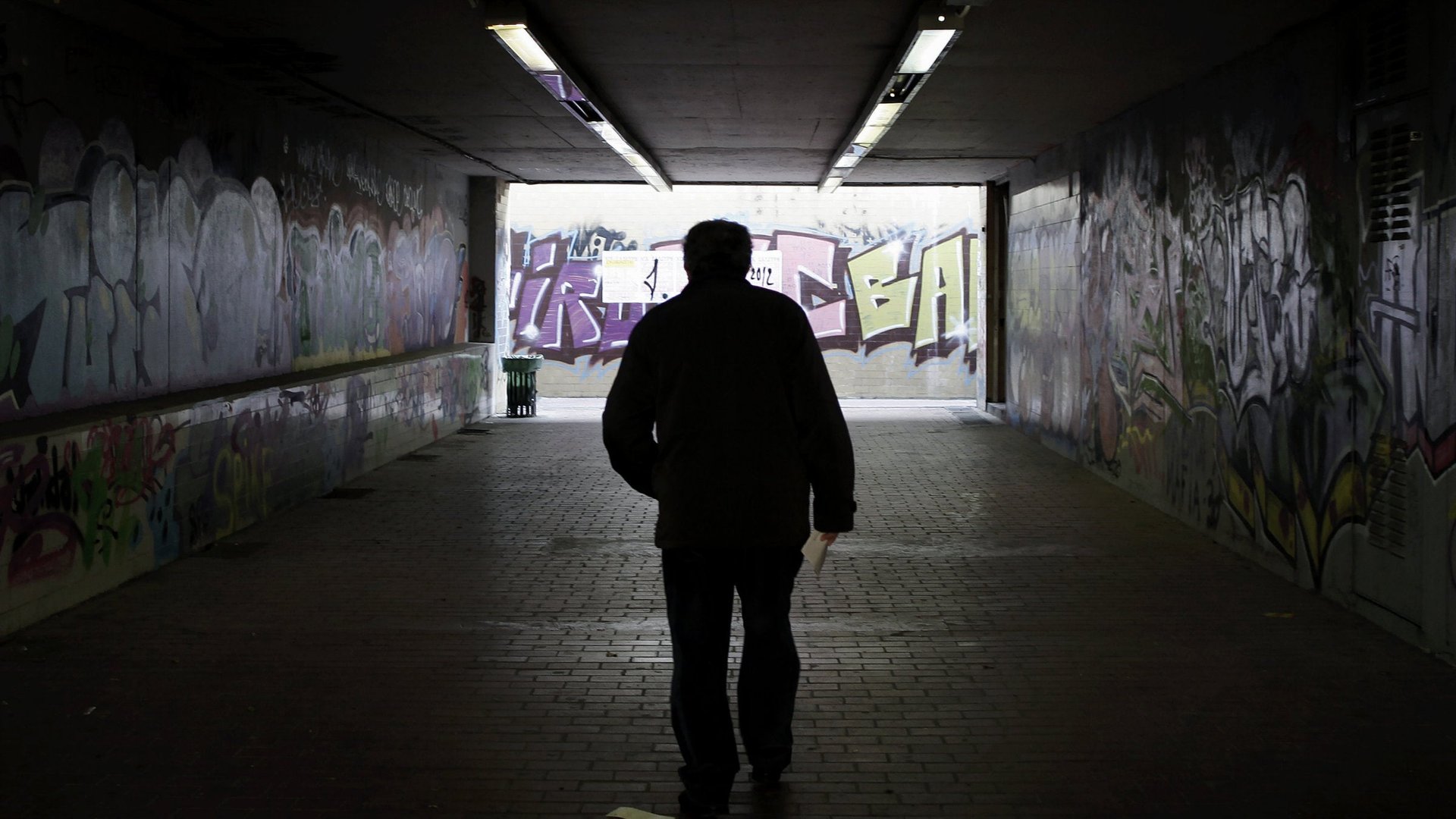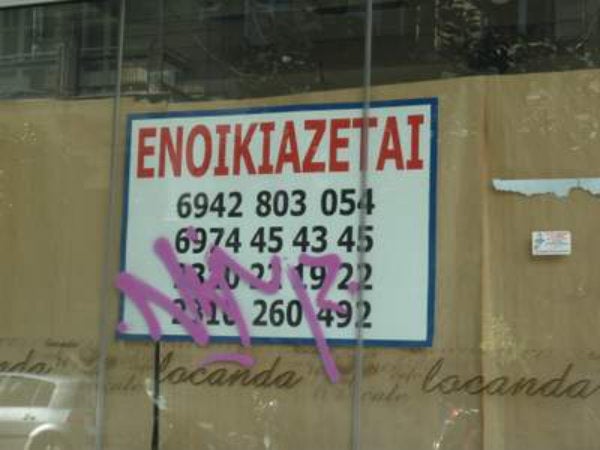Behind the images of Greece’s riots, there’s an economy slowly dying
With Greece approaching another breaking point in its negotiations with the Troika, images of an angry mob have emerged again. Traveling to Greece right now might seem like an unpleasant trip to a country on the brink of civil war; however, the reality of the crisis is quite different. Athen’s Parliament Square transforms itself into a riotous scene and then empties soon again into its semi-sleepy self. Outside of Athens, demonstrations are a much tamer affair. Having spent the day of the last general strike in Greece’s second largest city, Thessaloniki, I found that protestors were largely a middle-aged, older crowd who peacefully walked the streets, mostly guarded by traffic police rather than by trained forces in combat gear. I asked what they were demonstrating about and their answer was simple: a better life.


With Greece approaching another breaking point in its negotiations with the Troika, images of an angry mob have emerged again. Traveling to Greece right now might seem like an unpleasant trip to a country on the brink of civil war; however, the reality of the crisis is quite different. Athen’s Parliament Square transforms itself into a riotous scene and then empties soon again into its semi-sleepy self. Outside of Athens, demonstrations are a much tamer affair. Having spent the day of the last general strike in Greece’s second largest city, Thessaloniki, I found that protestors were largely a middle-aged, older crowd who peacefully walked the streets, mostly guarded by traffic police rather than by trained forces in combat gear. I asked what they were demonstrating about and their answer was simple: a better life.
While the foreign media focuses on the drama that the crisis has wrought, it’s actually surprisingly easy to forget that the country is in crisis. It took a closer look to notice the signs of an economy gradually dying; talking to Greek people helped me to fully understand the hardship imposed on them. While this is harder to capture on TV than riots, it nonetheless is equally dramatic for ordinary Greeks. Driving from the airport into Thessaloniki, vacant shops with the sign “Enoikiazetai” (to rent) line the streets. It is the same in the city center, in Athens as well as on the islands. Businesses close and nobody attempts to open new ones.

There is the young waitress who is really a teacher and can’t find a job; she would consider leaving Greece if it were not for her boyfriend. The embittered pensioner who just retired but receives a significantly lower pension than his former colleagues who retired two years ago. The roofer who has not worked in his profession for three years and who tries to make ends meet by doing odd jobs like herding sheep or working in marinas.
Greeks are tired of talking to visitors about the crisis but they will happily share their anger toward the political class and the various new taxes. Some think the efforts of the Troika—the European Union, the European Central Bank and the International Monetary Fund—are a big conspiracy with the goal of destroying the country and its economy and blaming it on “all of the bankers making money on the back of it.” But the outrage over taxes is harder to understand given that most of them are quite common in other European states. Greece’s value-added tax (VAT) of 23% is somewhat on the high side, but in a country where tax collection is an issue, taxing consumption makes sense. This illustrates a more deep-rooted problem—that Greeks seems to have a different tolerance level for taxes than other European countries, which is not an encouraging thought given that one of the important steps to balancing the budget will be improved tax collection.
Despite the economic hardship, Greece is still a surprisingly expensive place to visit. Hotel prices have come down but going out to restaurants and bars is not cheap. Ironically, Athens seems more expensive than Berlin. Paying €5 for a glass of wine in a small seaside town mostly frequented by Greeks from Athens makes you wonder if your next holiday will be in Turkey or Portugal. For a country whose main export is tourism, Greece should be worrying when visitors conclude that other crisis-hit countries like Portugal, Spain, or Italy offer better value.